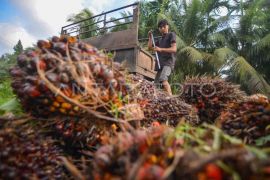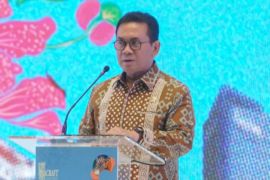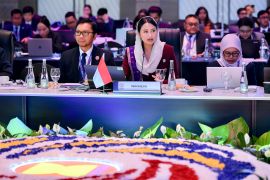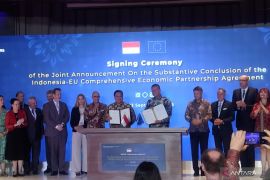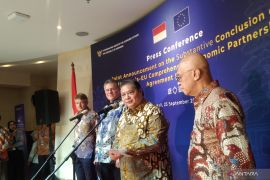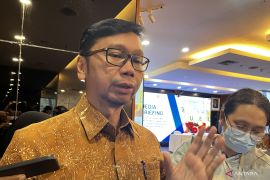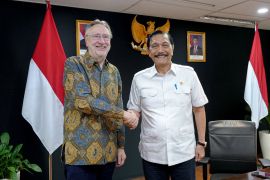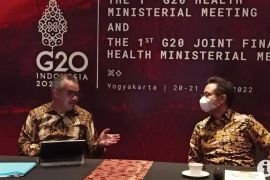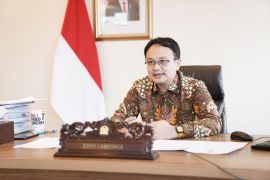According to House Speaker Bambang Soesatyo, in a statement made available to Antara in Jakarta on Saturday, the EU had applied double standards in banning Indonesia's CPO commodity.
In responding to the EU's discriminatory decision, the House supports the Indonesian Government's necessary measures, including the possibility of filing a complaint with the World Trade Organization (WTO), he said.
The House and the government should walk hand-in-hand to face this challenge, Soesatyo said, adding that maintaining a good friendship with other countries is important, but preserving Indonesia's national interest and the interests of its people are above all.
The noted politician of the Golkar Party also hinted that a retaliation policy against the products of the EU member countries might be applied in response to this ban.
As revealed by media reports, the European Parliament had recently decided to ban the use of palm oil in motor fuels from 2021, as it was considered environmentally unfriendly.
Vice President Jusuf Kalla has warned the European Union not to impose a discriminatory policy on Indonesian crude palm oil and its derivative products.
"Do not discriminate against (our palm oil products), because we can also adopt a similar policy. We warn Europe that we are one of the biggest buyers of their Airbus, for instance by Garuda, Lion Air, and others," Kalla said last year.
He reiterated that Indonesia could stop imports from European countries if the ban on crude palm oil as a motor fuel continues.
However, Faisal Basri, senior economist of the Institute for Development of Economics and Finance (Indef), disagreed with the retaliation policy in responding to the CPO ban issue. Instead, he suggested that Indonesia should resolve the issue with the help of a diplomatic approach from the foreign ministry.
"So, let Foreign Minister Retno Marsudi resolve the issue because it is related to interstate negotiations," he recently said.
Basri argued that as a diplomat with an excellent reputation, Marsudi could positively affect the negotiation process. Hence, the palm oil issue needs to be solved only through the Indonesian Foreign Ministry.
If this diplomatic approach was adopted by Indonesia, other cabinet members, including Coordinating Minister for Economy Darmin Nasution and Coordinating Maritime Affairs Minister Luhut Binsar Pandjaitan, should not comment on the issue, he said.
Basri opined that Indonesia should not retaliate by stopping the imports of certain products from EU member countries, as Indonesia will also suffer from it. EDITED BY INE
Translator: M.Razi Rahman, Rahmad Nasution
Editor: Fardah Assegaf
Copyright © ANTARA 2019

